A start-up based at University of Dundee hopes to create a vaccine against Strep A.
Rhapseda’s technology drives down the cost of creating vaccines. It says its work could reduce our reliance on antibiotics.
It has won funding from Scottish Enterprise in recognition of its potential to drive employment and address the need to create new vaccines for human and animal diseases.
Rhapseda was founded by Dr Helge Dorfmueller, with Gillian Brown its commercial champion who drives business opportunities.
She said the company’s ambition is to build a global business from Dundee.
“Rhapseda represents a step change in vaccine development,” Gillian said.
“It offers scope to develop a range of affordable vaccines, including Strep A, which has been a source of great concern in recent months.
“Our ambition is to build a global vaccine development business in Dundee.
“We want to create high-value employment in a company with international reach.”
Rhapseda international interest
The Rhapseda technology makes use of new processes for the creation of glycoconjugate vaccines.
These vaccines are one of our most effective means of combating infections but are expensive to create.
Reducing this cost has attracted interest from all over the world.
“We are already developing significant commercial and scientific relationships across the globe from Europe to the US and South Korea,” Gillian said.
“We look forward to building on these relationships this year and bringing international investment into vaccine development in Scotland.”
Life science innovation district plans
The potential of the bioeconomy to grow the number of companies proving high quality jobs locally was highlighted in the Dundee Partnership’s new City Plan.
It includes a commitment to continuing to develop a life science innovation district, backed by Tay Cities Deal cash, which could bring investment and create jobs.
Professor Sir Mike Ferguson, regius professor of life sciences, co-leads the Growing the Tay Cities Biomedical Cluster project.
He said: “The life sciences innovation district will help create and retain more high-growth life sciences companies from our outstanding research base.
“It will also attract other companies into the region.
“We can expect a significant boost to our local economy and exciting employment opportunities for our citizens.”
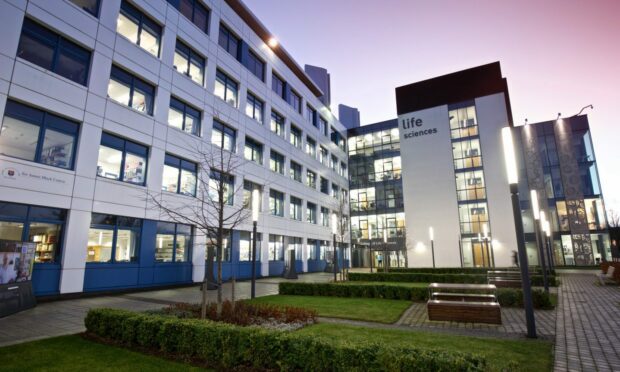

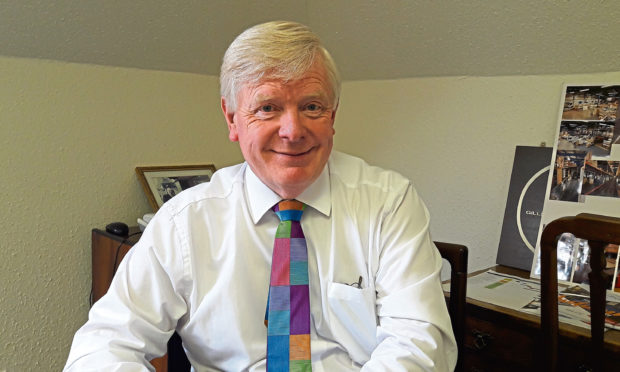
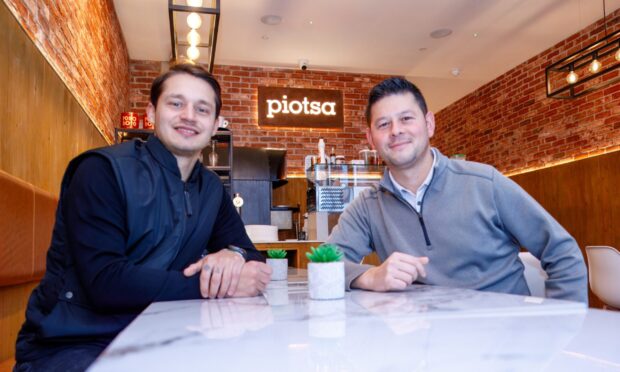
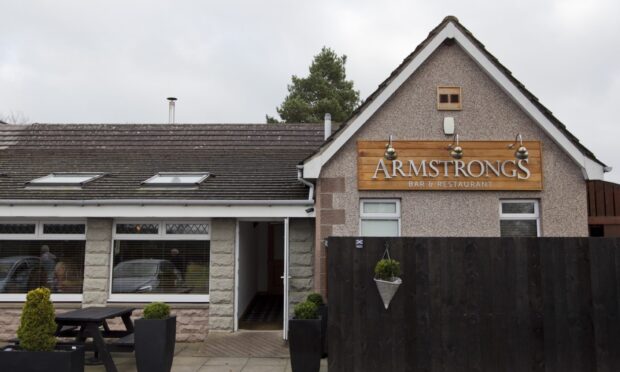



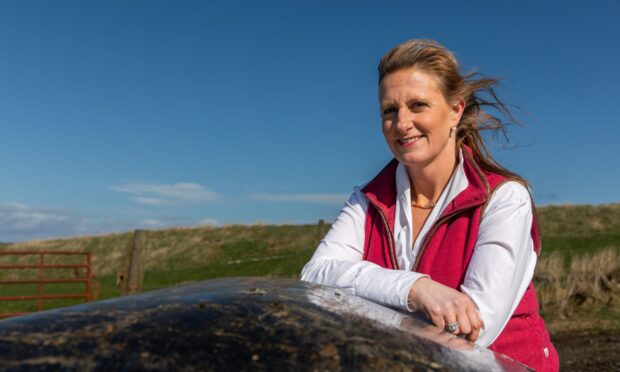


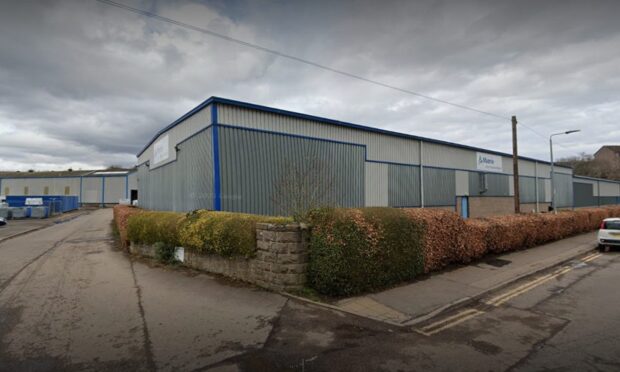
Conversation